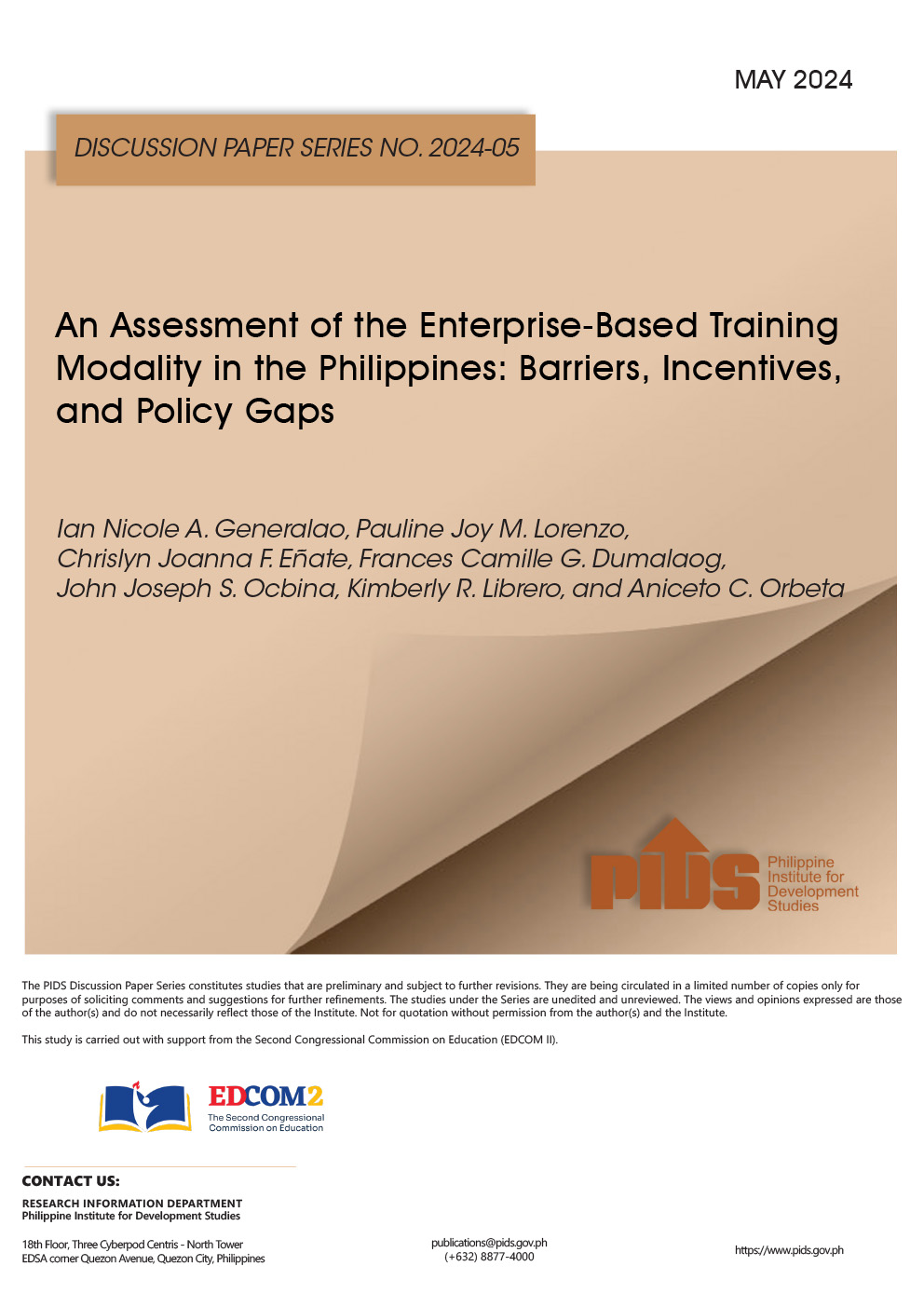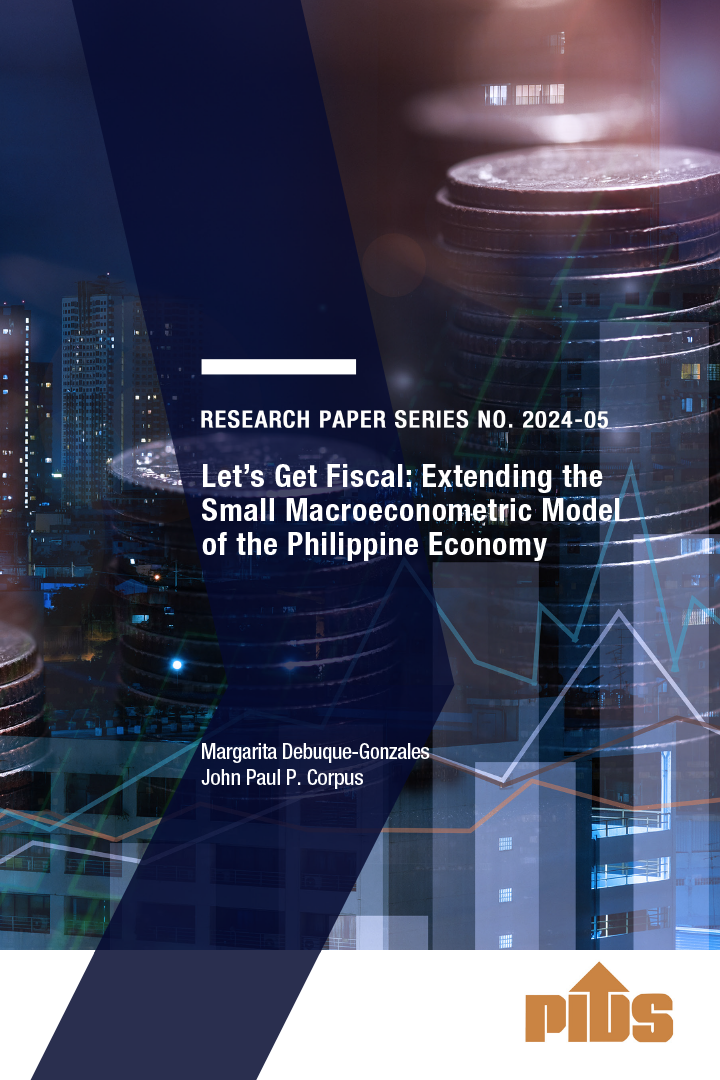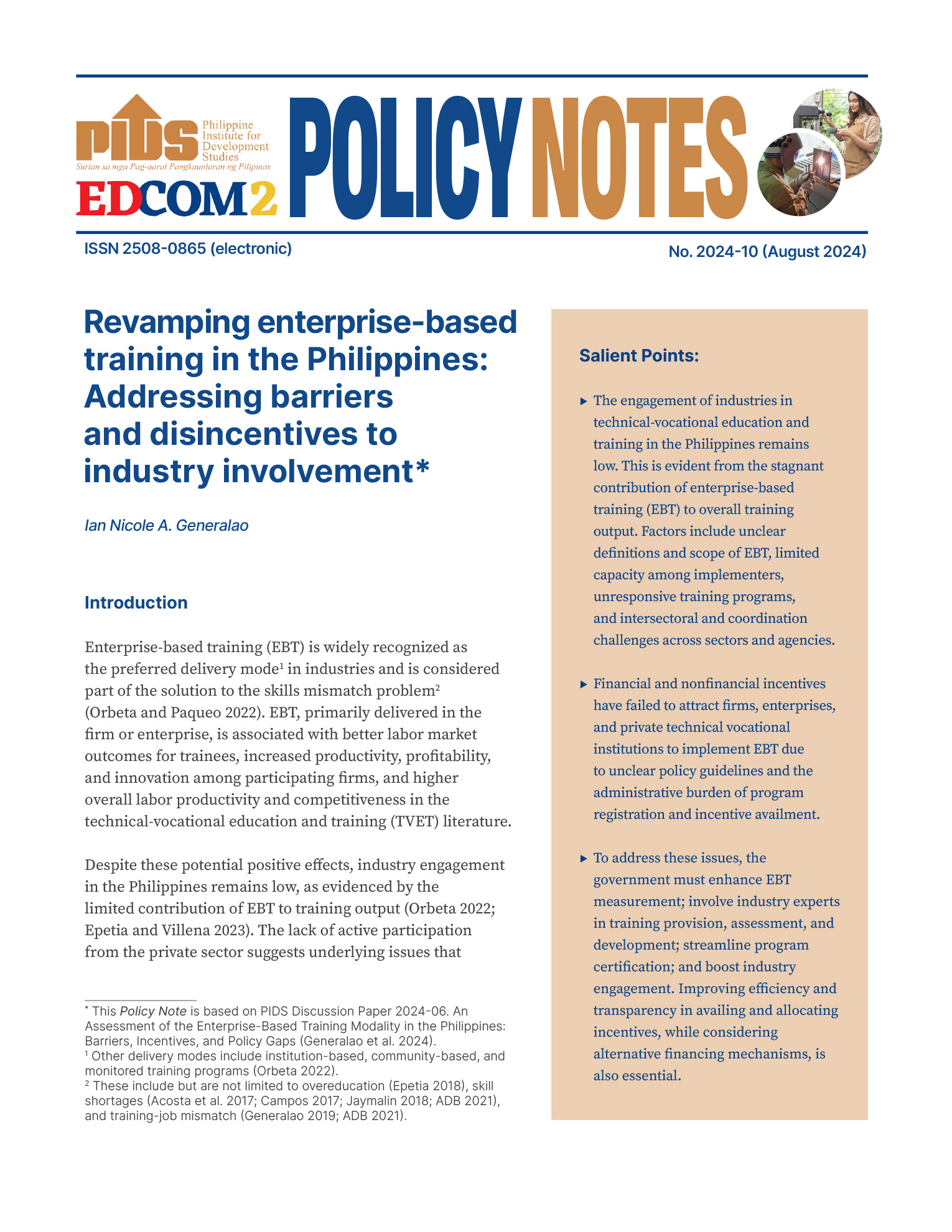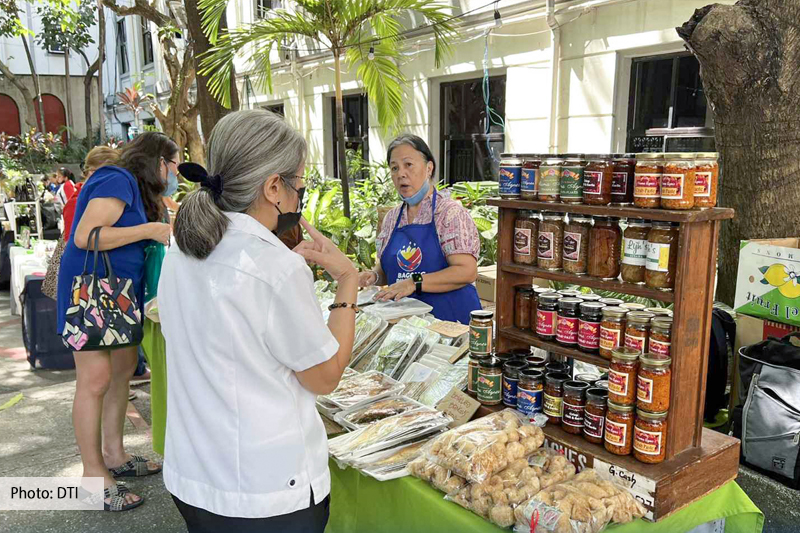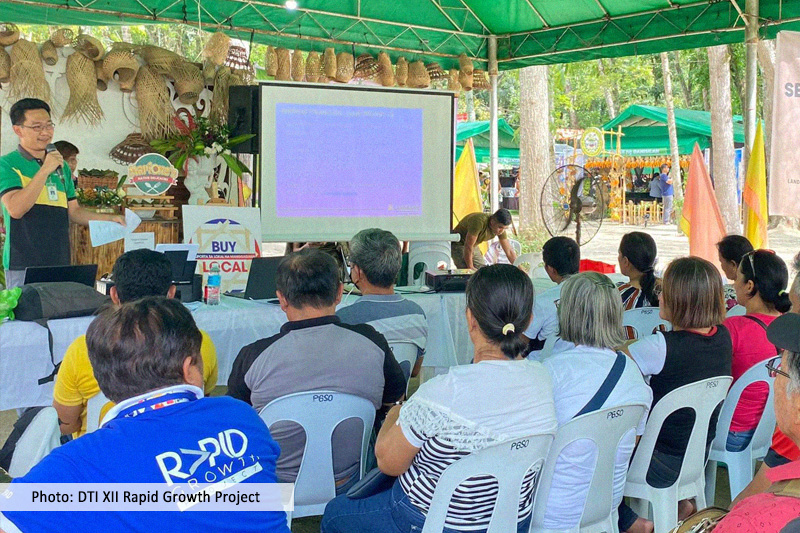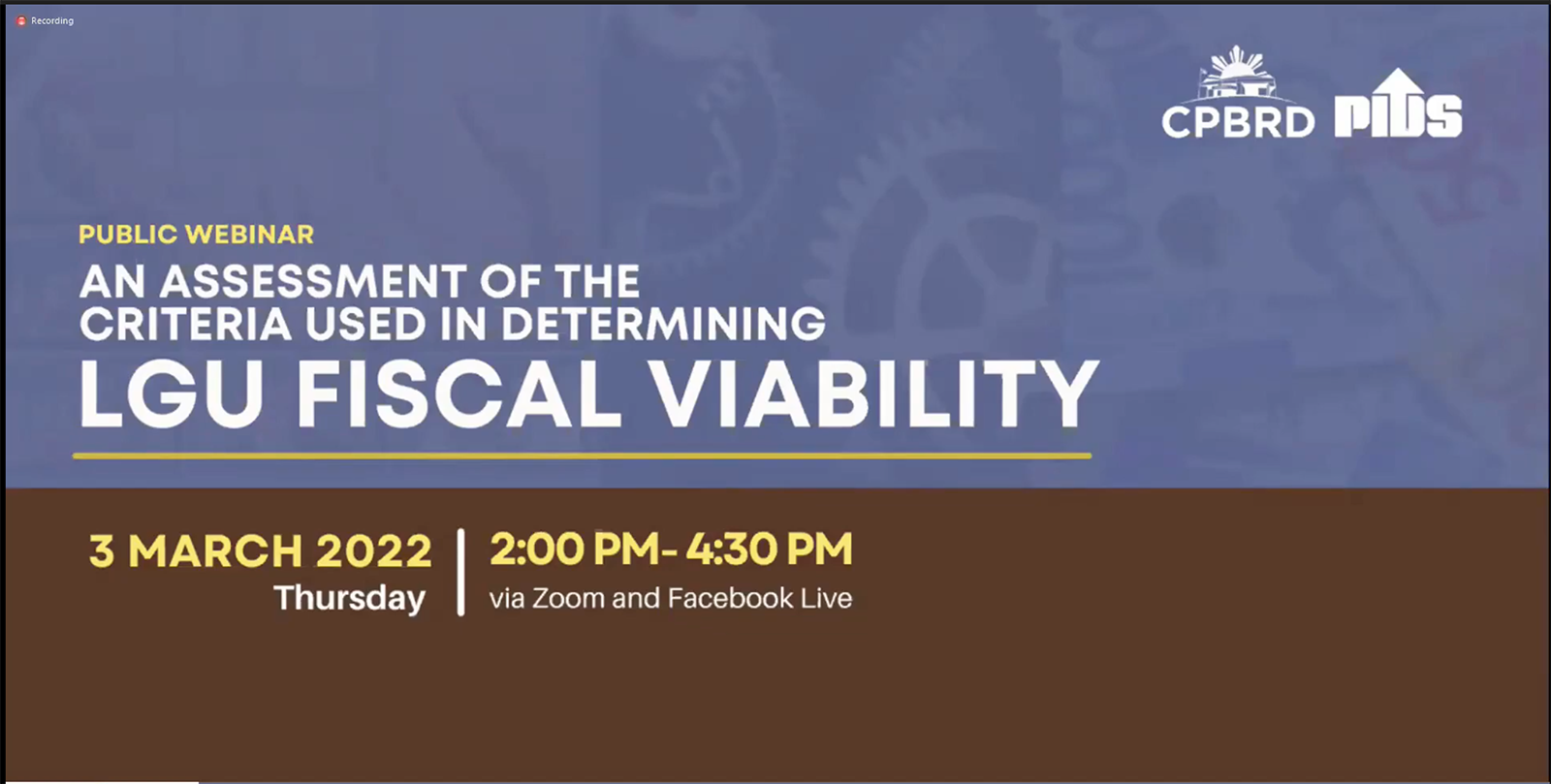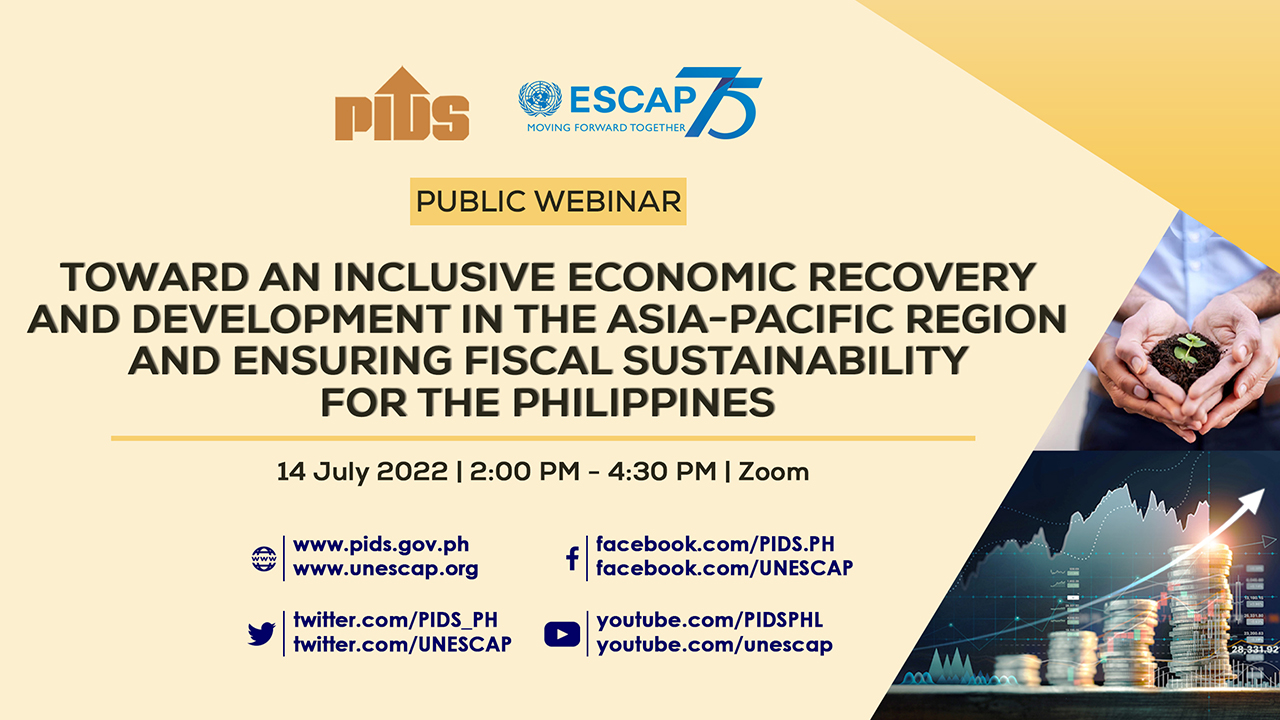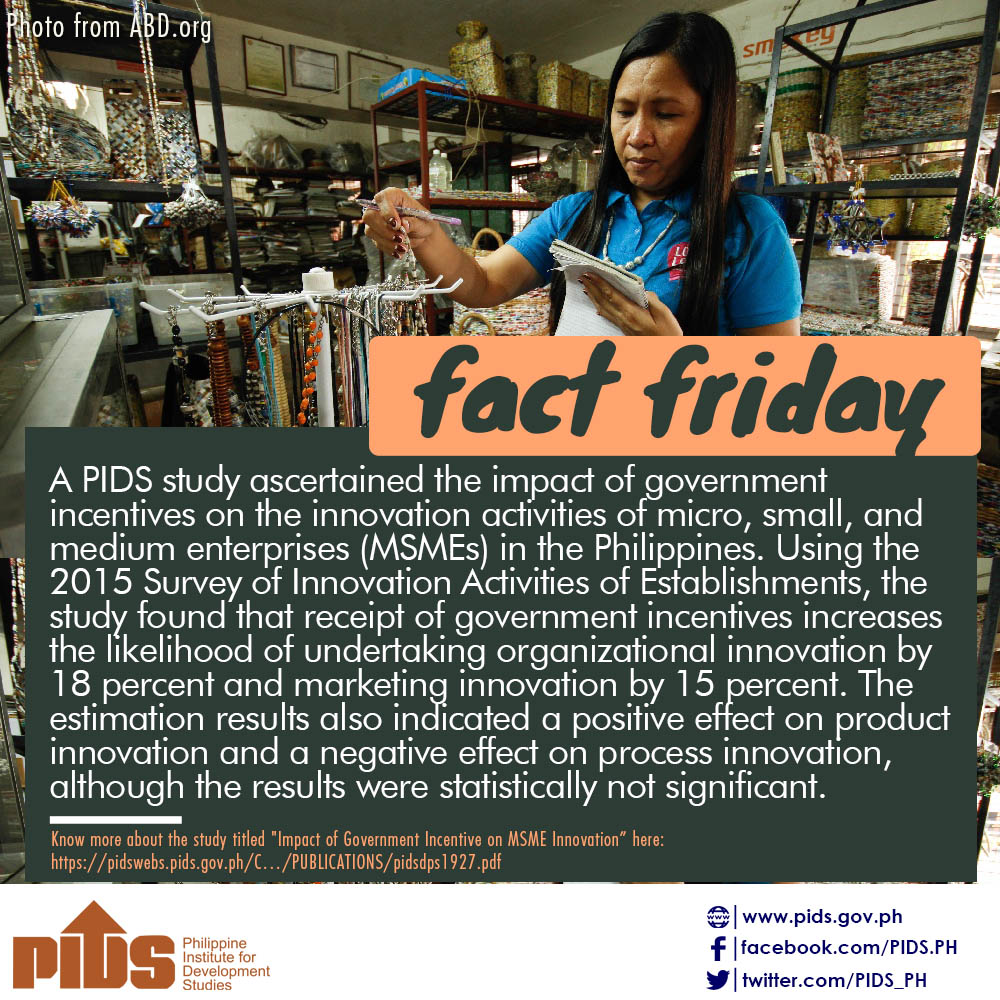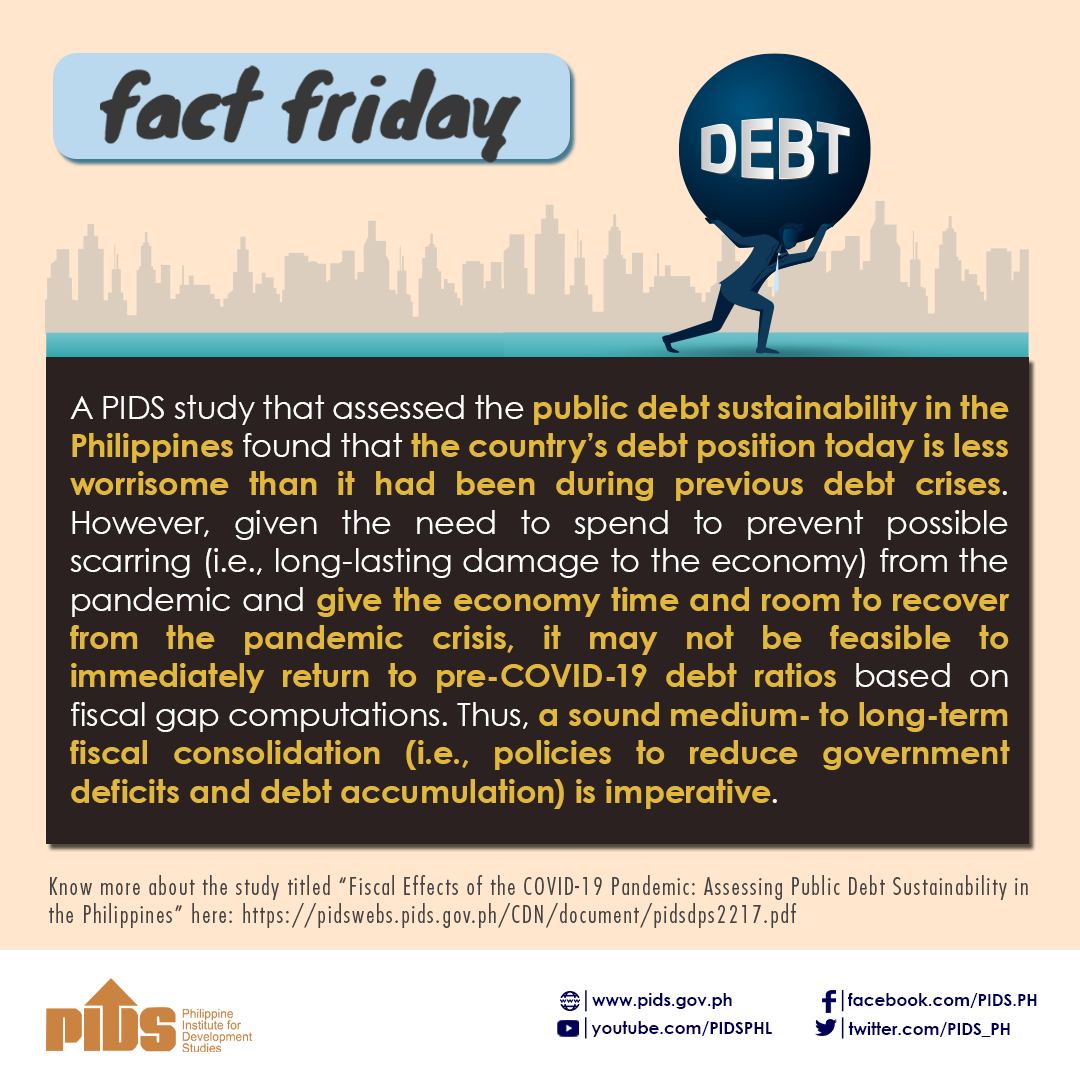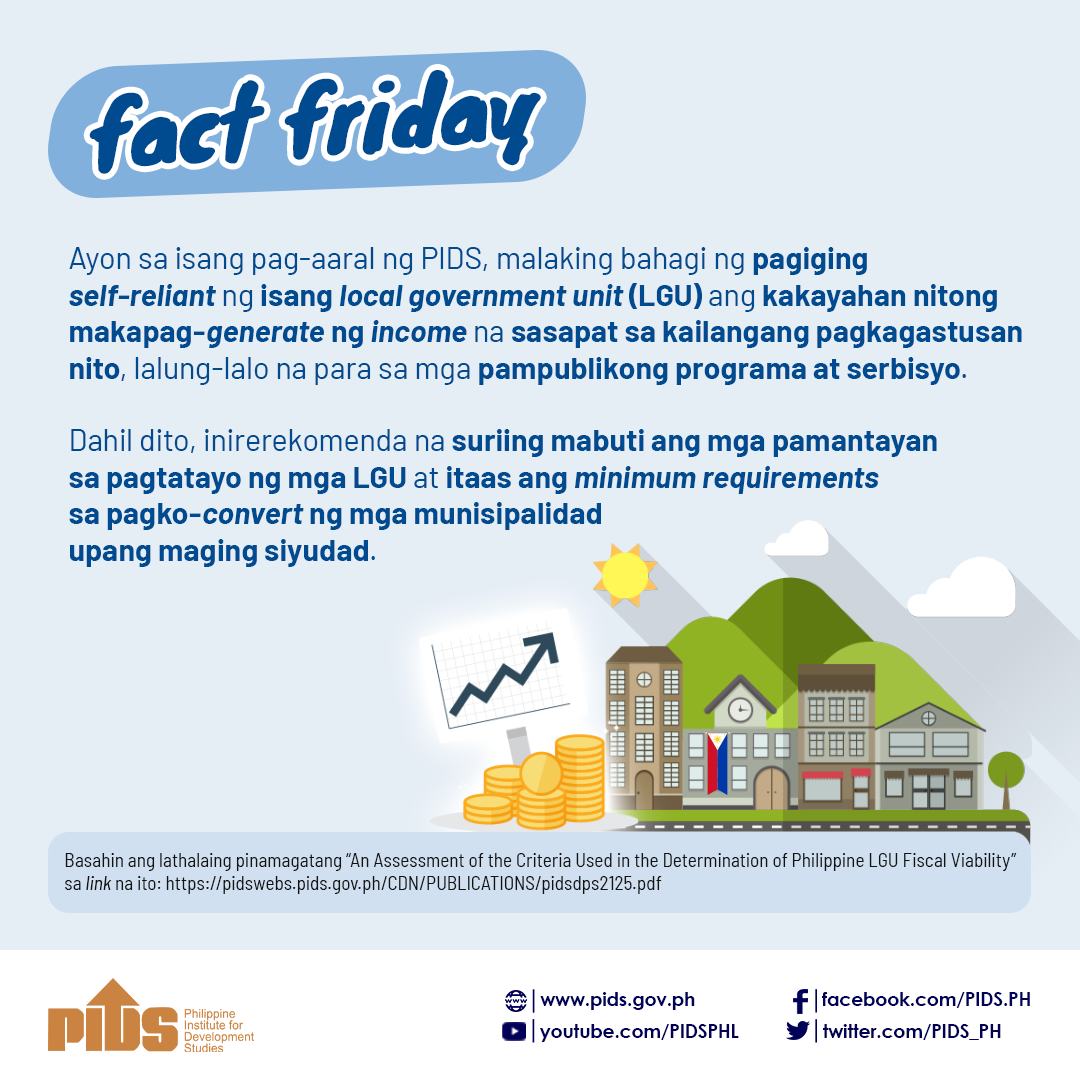The Department of Trade and Industry (DTI) on Monday justified its administration and grant of fiscal incentives through the Board of Investments (BOI), saying the grant of perks remains a top factor in attracting foreign direct investment.
Trade Assistant Secretary for Industry Development and Trade Policy Rafaelita M. Aldaba was reacting to a report early this month critical of the government’s policy on the grant of fiscal incentives. The report zeroed on “inefficient sectors,” such as agriculture and mass housing, which both received the lion’s share of fiscal perks.
“Our study shows that there is an economic justification and societal component for giving incentives. In fact, the Philippine Institute for Development Studies conducted a survey that incentives [are] the No. 1 factor that affects investors’ decision to locate to the Philippines,” Aldaba told reporters on Monday.
By ranking, the other reasons cited by DTI officials that affect investors’ decision to invest in the country are transparency in government policy, low tax rates, low tax liability, low incidence of labor strikes and legal framework for dispute resolution.
The recent report referred to by the DTI denounced the BOI’s grant of incentives and was based on an internal study made by the DTI last year.
According to Aldaba, the study was requested by the House Committee on Ways and Means at the height of congressional deliberations on fiscal incentives in 2015.
She pointed out that in 2012 the amount of income-tax holiday (ITH) given away by the government amounted to P32.9 billion, or only .3 percent of the country’s national output.
In return for the ITH, the Philippines attracted investments in that same year amounting to P859 billion, P90 billion in exports and P21.9 billion in other forms of tax payments.
Trade Undersecretary Ceferino S. Rodolfo, likewise, clarified that underperforming sectors are exactly the areas where most government support is needed, hence the grant of incentives.
“You really need incentives in those areas precisely because these are socially relevant areas, but are underinvested. You have to direct the investments to agriculture and socialized housing because of those reasons,” Rodolfo said.
The BOI’s inclusion of mass housing in their Investments Priorities Plan entitles the sector to fiscal incentives, including an ITH period of four to six years. But the availment of ITH will only come if they comply with the socialized housing component, wherein the real-estate developer has to allocate 20 percent of the project cost to socialized housing.
BOI Executive Director Corazon Halili-Dichosa said this is especially pressing, given the housing backlog that the Philippines of some 3.26 million homes as reported by the National Housing Authority.
“By giving them incentives, there’s a condition to first build the socialized housing component,” Dichosa added.
She said an ITH availment in every sector undergoes a rigorous approval process at the DTI, adding that the office ensures that socialized housing units for low-income groups are already erected before they incentives are officially granted.
Aldaba, likewise, noted that agriculture and mass housing each received, at most, only 4 percent of the total ITH availment from 1995 to 2012.
Based on DTI data, the total ITH availed of in that period amounts to P247.6 billion. Power, infrastructure, mining, and build-operate-transfer projects top the list of sectors receiving the bulk of ITH.//
Trade Assistant Secretary for Industry Development and Trade Policy Rafaelita M. Aldaba was reacting to a report early this month critical of the government’s policy on the grant of fiscal incentives. The report zeroed on “inefficient sectors,” such as agriculture and mass housing, which both received the lion’s share of fiscal perks.
“Our study shows that there is an economic justification and societal component for giving incentives. In fact, the Philippine Institute for Development Studies conducted a survey that incentives [are] the No. 1 factor that affects investors’ decision to locate to the Philippines,” Aldaba told reporters on Monday.
By ranking, the other reasons cited by DTI officials that affect investors’ decision to invest in the country are transparency in government policy, low tax rates, low tax liability, low incidence of labor strikes and legal framework for dispute resolution.
The recent report referred to by the DTI denounced the BOI’s grant of incentives and was based on an internal study made by the DTI last year.
According to Aldaba, the study was requested by the House Committee on Ways and Means at the height of congressional deliberations on fiscal incentives in 2015.
She pointed out that in 2012 the amount of income-tax holiday (ITH) given away by the government amounted to P32.9 billion, or only .3 percent of the country’s national output.
In return for the ITH, the Philippines attracted investments in that same year amounting to P859 billion, P90 billion in exports and P21.9 billion in other forms of tax payments.
Trade Undersecretary Ceferino S. Rodolfo, likewise, clarified that underperforming sectors are exactly the areas where most government support is needed, hence the grant of incentives.
“You really need incentives in those areas precisely because these are socially relevant areas, but are underinvested. You have to direct the investments to agriculture and socialized housing because of those reasons,” Rodolfo said.
The BOI’s inclusion of mass housing in their Investments Priorities Plan entitles the sector to fiscal incentives, including an ITH period of four to six years. But the availment of ITH will only come if they comply with the socialized housing component, wherein the real-estate developer has to allocate 20 percent of the project cost to socialized housing.
BOI Executive Director Corazon Halili-Dichosa said this is especially pressing, given the housing backlog that the Philippines of some 3.26 million homes as reported by the National Housing Authority.
“By giving them incentives, there’s a condition to first build the socialized housing component,” Dichosa added.
She said an ITH availment in every sector undergoes a rigorous approval process at the DTI, adding that the office ensures that socialized housing units for low-income groups are already erected before they incentives are officially granted.
Aldaba, likewise, noted that agriculture and mass housing each received, at most, only 4 percent of the total ITH availment from 1995 to 2012.
Based on DTI data, the total ITH availed of in that period amounts to P247.6 billion. Power, infrastructure, mining, and build-operate-transfer projects top the list of sectors receiving the bulk of ITH.//

